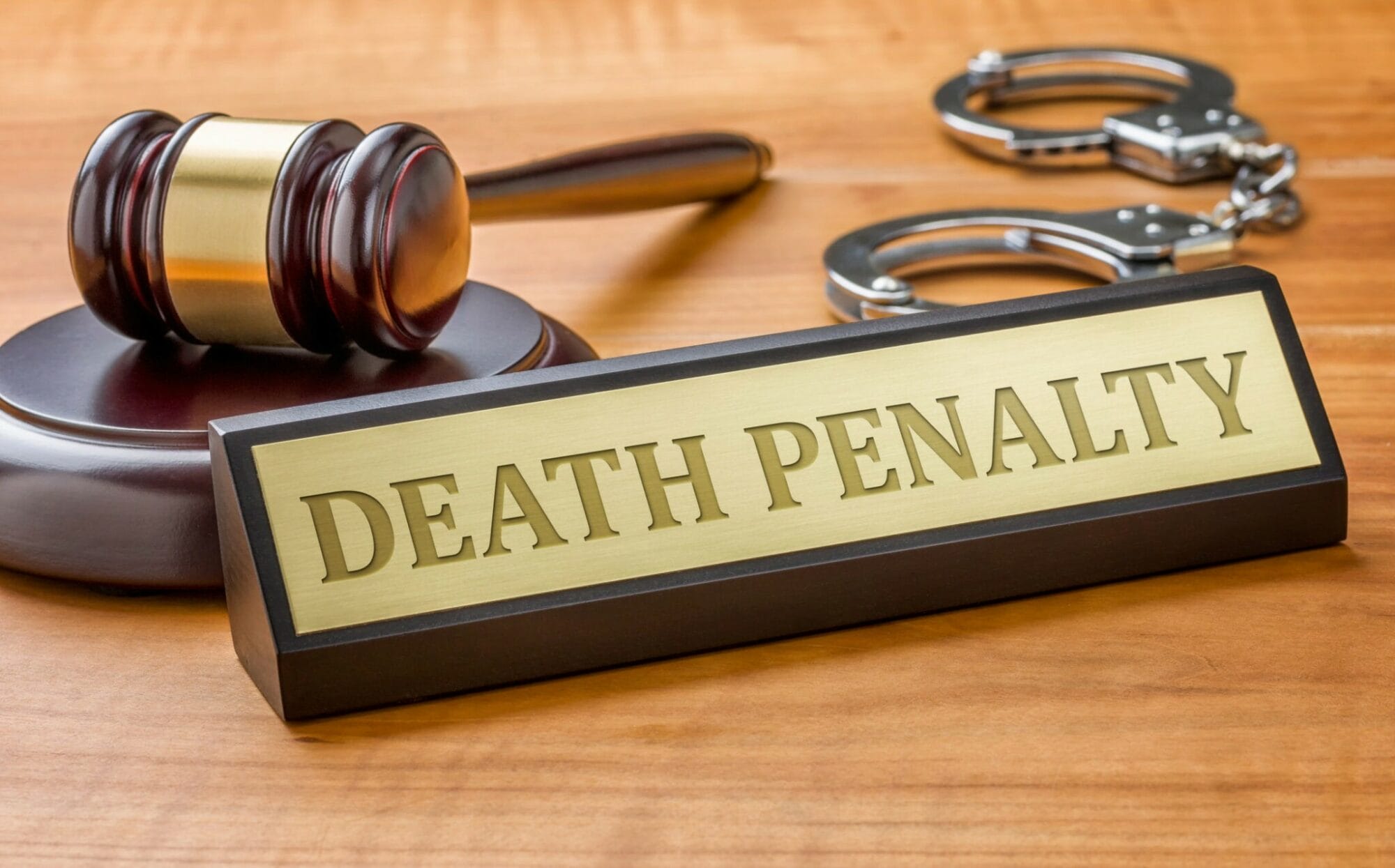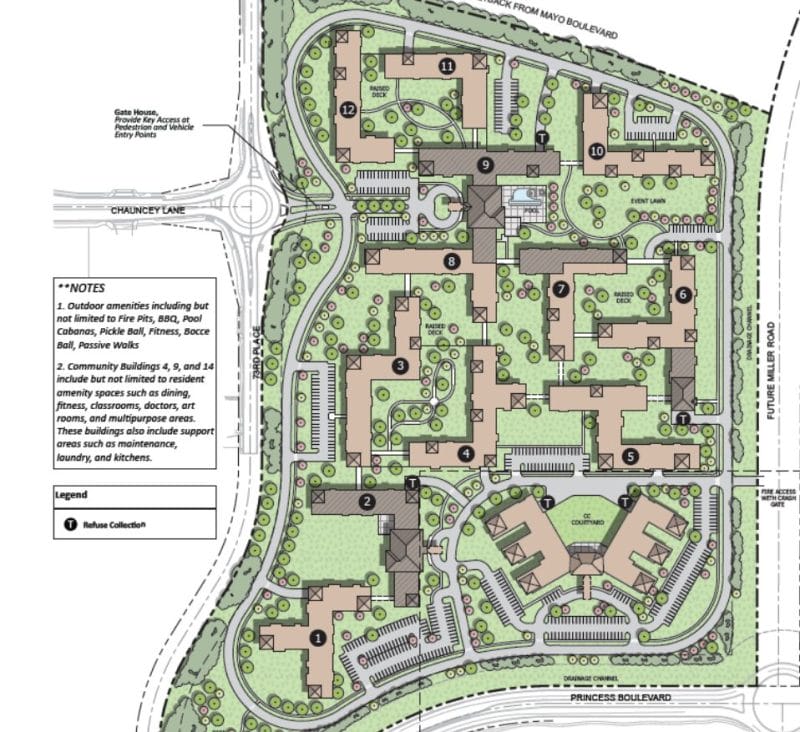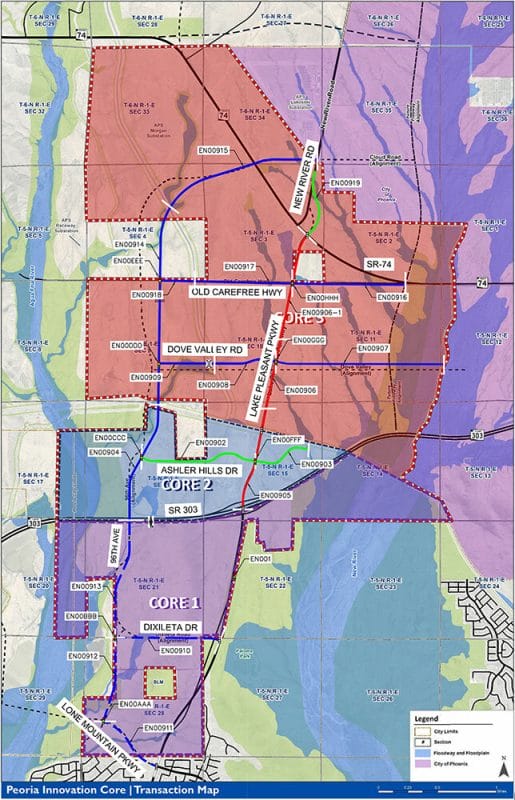Jimmy Jenkins
Arizona Republic
Corrections & Clarifications: In a previous version of this article, Sarah Heckathorne’s title was incorrect. She is a Maricopa County deputy attorney.
Attorneys for seven Black defendants charged with murder were in court in Phoenix Wednesday to challenge county prosecutors’ attempts to seek the death penalty, based on new research that found an ongoing history of racial bias in Arizona’s capital punishment system.
Maricopa County Superior Court Judge Suzanne Cohen said she started Wednesday’s hearing ready to reject their pre-trial petition. But after about an hour of oral arguments, Cohen changed her mind, ordering three days of hearings next month to consider evidence.
Cohen granted the defendants an opportunity to present expert testimony, in an attempt to prove their contention.
Defense lawyers will have to show that racial bias has posed an unacceptable risk to their clients of being sentenced in an arbitrary or capricious way, which amounts to cruel and unusual punishment under the Eighth Amendment of the U.S. Constitution.
The argument is pegged to the landmark 1972 U.S. Supreme Court case Furman v. Georgia, in which a majority of justices found that the death penalty was unconstitutional because, in part, it applied in an arbitrary or capricious way.
Cohen told lawyers she had entered the courtroom Wednesday wanting to rule against the defendants’ request for an evidentiary hearing, partly because of another precedent set by the U.S. Supreme Court case McCleskey v. Kemp.








